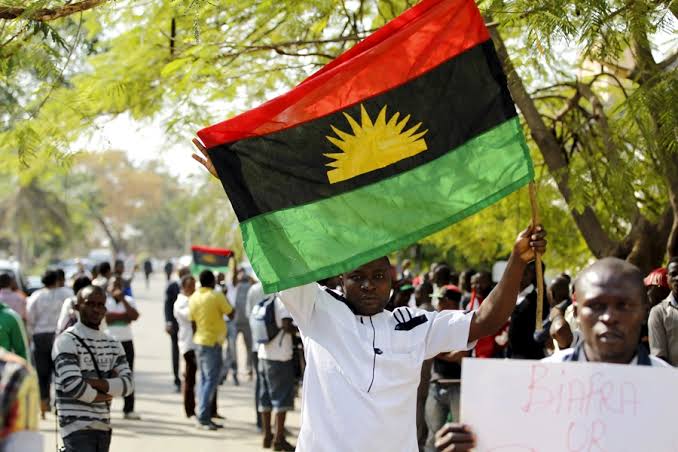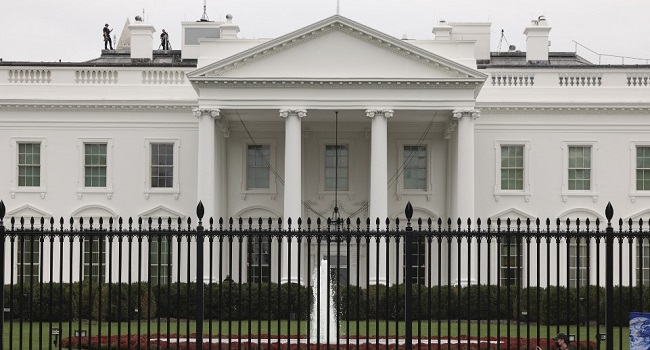The French protests against the government’s plans to raise the retirement age by two years to 64 have intensified, with more than a million people taking to the streets across the country on Thursday. The demonstrations resulted in 80 arrests and police firing tear gas at protesters in Paris. Unions have called for further protests next Tuesday, which coincides with King Charles III’s state visit to the country.
The protests started in January, and since then, there have been nine days of protest, with French unions calling for a tenth next Tuesday. Parisian rubbish collectors, who started their strike against the pension reform on March 6, have renewed it until next Monday. The unrest followed the government’s decision to force the legislation to raise the pension age through the lower house of parliament, where it lacks an absolute majority, without a vote.
In Bordeaux, the front door of the town hall was set on fire, but it was quickly put out by firefighters. It was not clear who was responsible for the blaze. In Paris, generally peaceful demonstrations saw occasional clashes between police and masked rioters who smashed shop windows, demolished street furniture, and attacked a McDonald’s restaurant, according to Reuters news agency. One police officer who lost consciousness was dragged to safety.
AP news agency reported that police forces used tear gas and were pelted by objects and fireworks, with 33 people arrested in the capital. The unrest also disrupted train travel, oil refineries, and saw teachers and workers at Paris’s Charles de Gaulle Airport walk out of work. Popular tourist attractions such as the Eiffel Tower and the Palace of Versailles, where a dinner is planned for King Charles and the French president next week, were also closed on Thursday.
In the northern city of Rouen, a young woman was seen lying on the ground after sustaining a serious injury to her hand. Witnesses said she lost her thumb after she was hit by a so-called “flash-ball” grenade fired by police to disperse demonstrators. There were other clashes in the western cities of Nantes, Rennes, and Lorient.
French Prime Minister Élisabeth Borne tweeted, “Demonstrating and voicing disagreements is a right. The violence and degradation we have witnessed today is unacceptable. All my gratitude to the police and rescue forces mobilized.”
President Emmanuel Macron defended the move, saying the reform is a necessity. “I oppose this reform, and I really oppose the fact that democracy no longer means anything,” a demonstrator told Reuters. “We’re not being represented, and so we’re fed up.”
“The street has a legitimacy in France,” said a protester in Nantes. “If Mr. Macron can’t remember this historic reality, I don’t know what he is doing here.”
Unions and the political left have deemed the day a success, but where the situation goes from here is an open question. The government is hoping that the protests will lose momentum, and that the violence on the streets will turn people away. The opposition says that the protests will not dwindle, but unions will need to devise a strategy going forward, rather than promising more days like Thursday.
As the protests continue to escalate, the eyes of the world remain fixed on France, waiting to see how the situation will unfolds.
BBC







